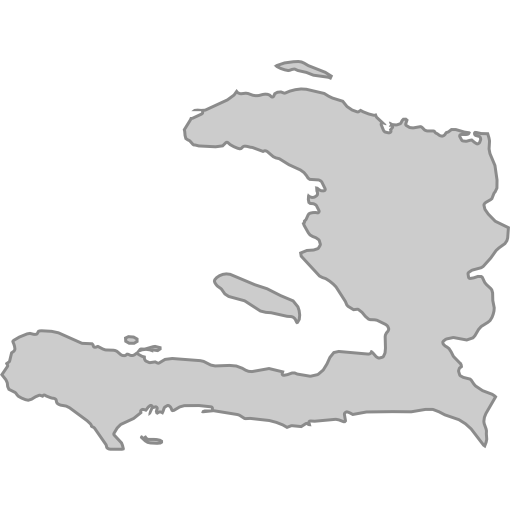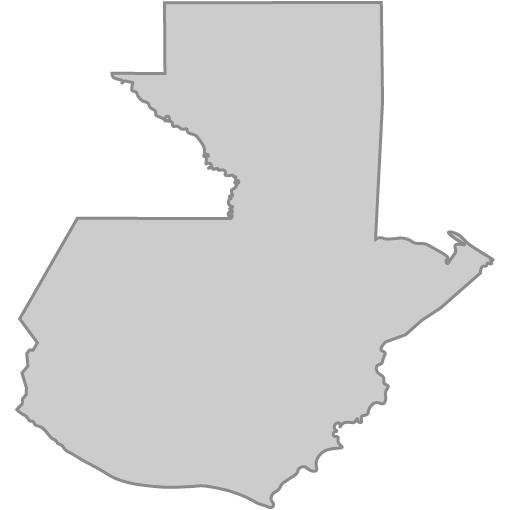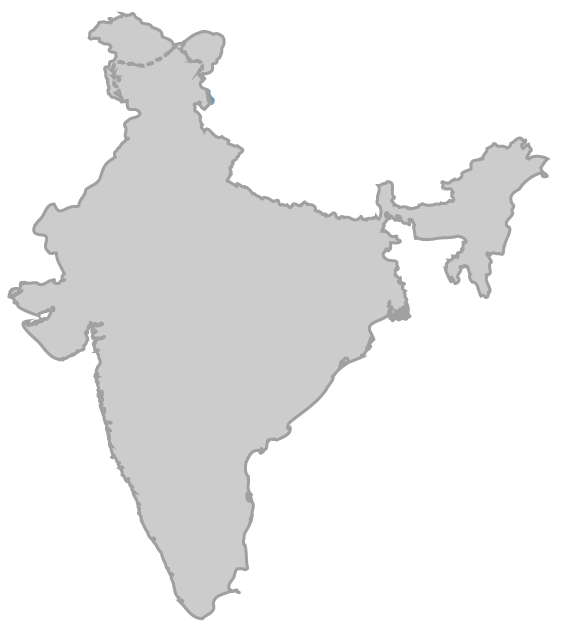Why Change the Way
We Care?
All children, regardless of place of birth or circumstances, deserve to grow up in a family. They thrive on the love and attention of those who care for them and to whom they are bonded. Once they are adults, they have the deeply planted roots that will sustain them through the years as they start their own families.
Our Strategy
Poverty makes it difficult for some parents to meet the basic needs of their children – food, shelter, and education. No matter how much they love their children, many believe residential care – sometimes referred to as “orphanages” – will better meet these basic needs, forcing them to make a heartbreaking decision. No family should be separated for lack of school fees or money for food.
For decades, many of us have supported residential care institutions with money or volunteer hours. We do it out of love and the belief we are helping children. However, decades of rigorous research in a wide array of contexts illustrate that orphanage care for children negatively impacts cognitive, physical and social development. Negative effects are intensified the longer a child is in care and the younger the child is at the time of placement. In some countries, residential care is experiencing exponential growth despite the evidence illustrating its harm.
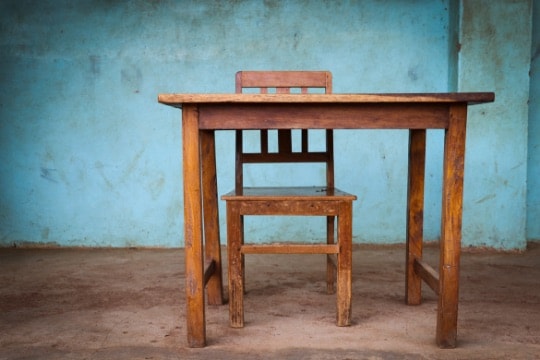
The Solution
What if we can convert these orphanages into community centers that support parents and children? What if we move children into loving family-based homes? What if we work to prevent family separation by focusing on supporting social services that cost-effectively keep children with their families where they can thrive?
Changing the Way We CareSM focuses on a variety of tactics from parenting programs to household economic strengthening to referrals for medical and disability services – all tailored to an individual family’s circumstances.
This is how we change the way we care: by taking small steps toward a BIG and sustainable solution. We see a world in which children thrive because they and their families are supported by governments, communities, and individuals who care. We see a world in which the needs of children come first and where governments build support systems to ensure a rich future for families, communities, and nations.
We know these changes can only be developed and implemented by individual country teams that keenly understand the context and complex situations in which families live. That is why Changing the Way We CareSM is country-driven and led. Country teams collaborate with children, care leavers, families, communities, and governments to create transformational models of family care for children. We aspire to strengthen government systems, build the capacity of social workers and caregiving professionals, understand and change the financing of care, strengthen communities and families to care for children, model alternative family-based care, and support orphanages in transitioning to community-based services.
On 18 December 2019, the UN General Assembly in New York adopted a Resolution on the Rights of The Child that signifies a major milestone in ending the institutional care of children globally. By adopting the Resolution, all the 193 member states of the United Nations agreed, for the first time in history, that orphanages harm children. They acknowledged that most children in orphanages have living family, and all children should be reunited with or supported to remain with their families. Where that’s not possible, the Resolution says that governments should commit to provide high-quality, family and community-based alternative care for children.
How Can You Help?
Every child deserves a family and together we can Changing the Way We CareSM by getting involved in any way that our time and resources allow. It doesn’t take much and there are so many small ways to make a difference!
Further Understanding
The designations employed and the presentation of the material on the maps does not imply the expression of any opinion whatsoever on the part of CTWWC partners concerning the legal status of any country, territory, city or area or of its authorities, or concerning the delimitation of its frontiers or boundaries.

